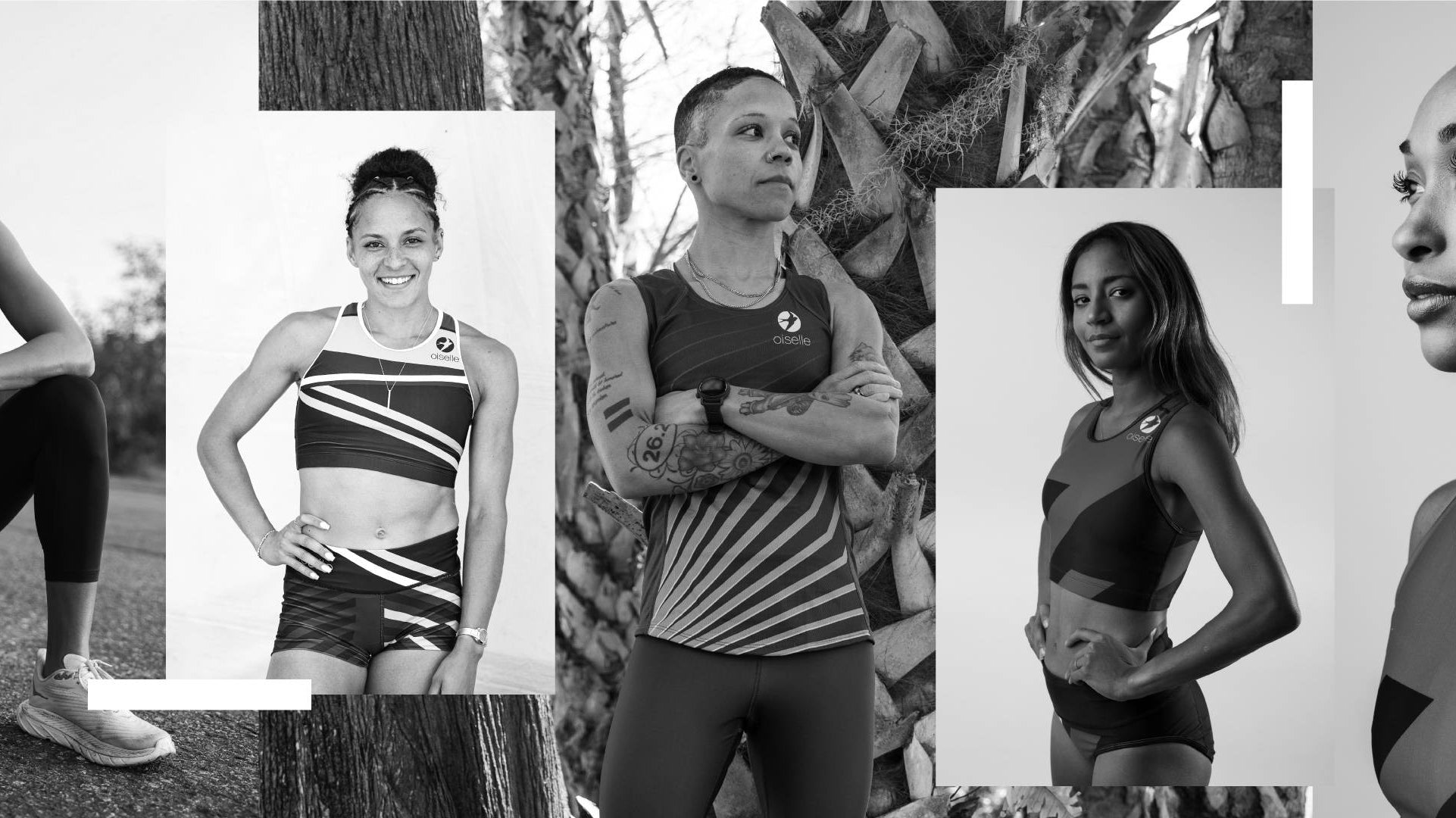For example, I would go into a race with a plan for the first three quarters of the race, and then the last 500m my plan always consisted of, “just kick.” Now in my head that made total sense. There isn’t much to do after that point work-wise or positioning-wise, so what else do I need to tell myself? But that’s exactly how I was racing. I would execute the first three quarters of the race perfectly, position myself well, and be right where I needed to be, but then with 500m to go I would fall apart. At the time I just assumed the start of the race was my “strong suit”, so of course I could execute that, but the really “hard” part that takes guts, bravery, and talent, I simply wasn’t good enough to do. The dual benefit of just saying all of that out loud and having someone tell me that was flawed, was more beneficial than I can say. His response to this was: “Well of course you feel like you fall apart the last 500m, you give yourself a detailed, involved, “if this, then that,” type of plan for the first 1,000m of the race, and then when it’s the most painful and you really need to recruit your mind, you leave yourself with, ‘just kick.’”
 In my head I was simplifying it to keep it doable, but in reality, I was leaving myself high and dry to then live a self-fulfilling prophecy. I believed I was bad at finishing, and the plan was no help, so I was bad at finishing. This connection is one that, in hindsight, is wrong, but I was going in circles trying to come up with something I could change and would end up empty handed. With my sports psych’s assistance, I was able to come up with something much more concrete that could actually HELP me. Now in the last 500m of a race I think of how well I executed the messier, longer part of the race, and how I was waiting for the moment when things get hard because I know that means I’m close to my goal. “This is supposed to be hard right now so don’t panic” I tell myself, and every 100m I re-engage mentally and physically. The last 150m I try to envision myself flying home at the track we practice at for every workout, and channel chasing my training partners to get me to the finish line. Besides, there are not many speedier girls to chase than Ajee’ Wilson, Raevyn Rogers, Kendra Chambers and Charlene Lipsey.
In my head I was simplifying it to keep it doable, but in reality, I was leaving myself high and dry to then live a self-fulfilling prophecy. I believed I was bad at finishing, and the plan was no help, so I was bad at finishing. This connection is one that, in hindsight, is wrong, but I was going in circles trying to come up with something I could change and would end up empty handed. With my sports psych’s assistance, I was able to come up with something much more concrete that could actually HELP me. Now in the last 500m of a race I think of how well I executed the messier, longer part of the race, and how I was waiting for the moment when things get hard because I know that means I’m close to my goal. “This is supposed to be hard right now so don’t panic” I tell myself, and every 100m I re-engage mentally and physically. The last 150m I try to envision myself flying home at the track we practice at for every workout, and channel chasing my training partners to get me to the finish line. Besides, there are not many speedier girls to chase than Ajee’ Wilson, Raevyn Rogers, Kendra Chambers and Charlene Lipsey.























































































































































Comments
Great post. Great advice. Enjoyed your story and even though I am just an everyday runner, it’s always good to hear about other women’s struggles and triumphs!